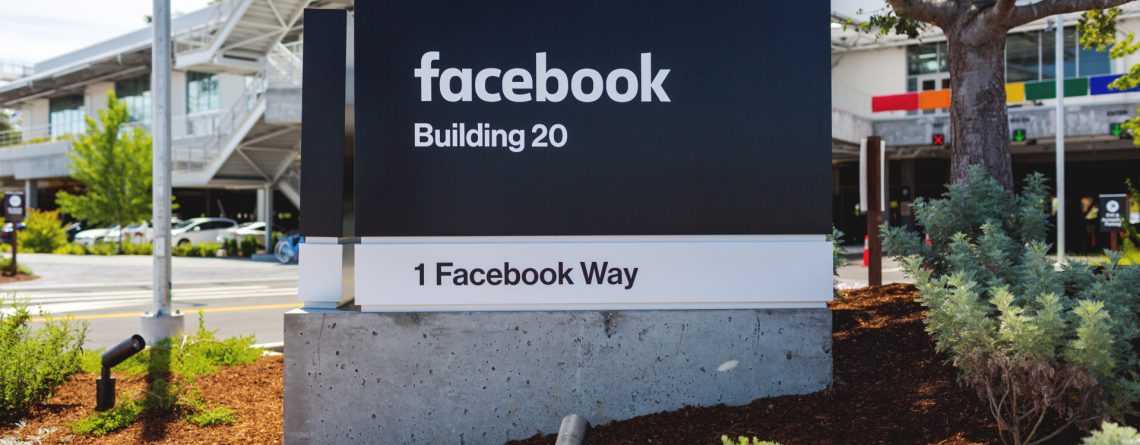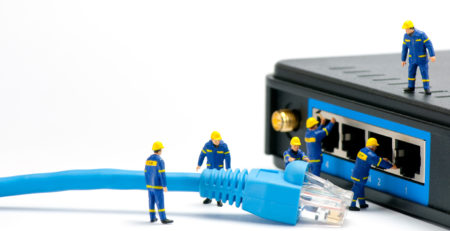Facebook stepped in it this time
Whether you’ve joined the #deletefacebook camp or not, it’s hard to deny that Facebook has dug a deep hole for itself this time.
Yesterday’s NYT report was a harsh assessment of the company’s trustworthiness. It’s worse when combined with the late September news that Facebook had “exposed the personal information of nearly 50 million users”. These two reports – and a range of more brutal looks at the company – highlight the risks of trusting any large company with your data, much less the volume and sensitivity of data which Facebook demands. For a company that relies almost entirely on advertising for revenues, this is serious.
Immensely profitable. Still.
Let’s not cry for Facebook though. It has had an incredible run. The company’s 12 month revenues have grown from under $30B in 2016 to over $50B for the period ended September 2018 (figure); even the relatively modest 31% YoY growth recorded in 3Q18 far outpaces most tech companies.
Facebook’s growth has delivered high profitability rates, whether measured by net margin (38% annualized in 3Q18) or free cash flow to revenues (34% in 3Q18). Its excess cash has allowed it to invest in both capex and internal R&D at relatively high rates. Facebook’s capex deployment ratio (capex to revenues) is now higher than most telecom operators, at 23%.
You could also argue that Facebook’s high rates of proprietary tech investments (R&D) and capex spend on strategic infrastructure (mostly data centers) have driven earnings – not the other way around. In reality, it’s probably been a virtuous circle for FB so far, but that has always remained dependent on its incredible growth rates in usage and ad dollars. As Facebook’s advertisers see millions of users quitting or spending less time on the platform, clicking on fewer ads, and turning fewer of those clicks into transactions – they will find new outlets. Amazon is counting on it, in fact, with its recent foray into ads, and it’s been successful so far.
(For more on Amazon’s strategy, see MTN Consulting’s Webscale Playbook: Amazon).
Effect on vendors
As the figure above hints at, Facebook spends big on the network infrastructure behind its business: for the first nine months of 2018, its capex on Network, IT & Software was $4.47B, about half of the company’s $9.6B total capex. Any slowdown in growth will eventually hit network spending.
Even if Facebook does some development in house, now including chips, it still buys lots of tech (hardware and software). Some companies & markets to watch:
Servers: Facebook works with several contract manufacturers in Taiwan for production, including Quanta Computer, Wistron, and Wiwynn. These companies may see the effects of any slowdown first, if new server orders fall due to slower traffic growth rates, and/or new data center opening dates are delayed.
Chips: as discussed in a previous blog, Facebook made the big decision to self-develop earlier this year. That offers a modest competitive threat to Nvidia, Intel, and Qualcomm. The economic and operational incentive to keep building its own chips hasn’t gone away since then. If any privacy concerns can be unearthed in the chip area, though, Facebook will certainly face them. More interesting is potential impact on Qualcomm. Facebook uses Qualcomm’s chips for the social media’s rural connectivity project, Terregraph. This program could be at risk, even after recent trials in Hungary, Malaysia, and Indonesia.
Subsea communications: Facebook is a founding investor/owner of five major submarine cables: Argentina-Brazil with Globenet, two transatlantic cables (MAREA and HAVFRUE) and two transpacific cables (JUPITER, and PLCN). These projects have long planning cycles and probably would not be affected by a FB slowdown. However, Facebook’s current search for the right cable investment in Africa may be delayed, or require more partners (Google, Microsoft and Amazon are also looking at the region)
Optical components: Lumentum, NeoPhotonics, and Applied Optoelectronics are FB’s main OC vendors; for the same reasons cited above, they could face some volatility in demand from Facebook.
Earnings calls over the next few weeks may be revealing.
Source of photo: Facebook











